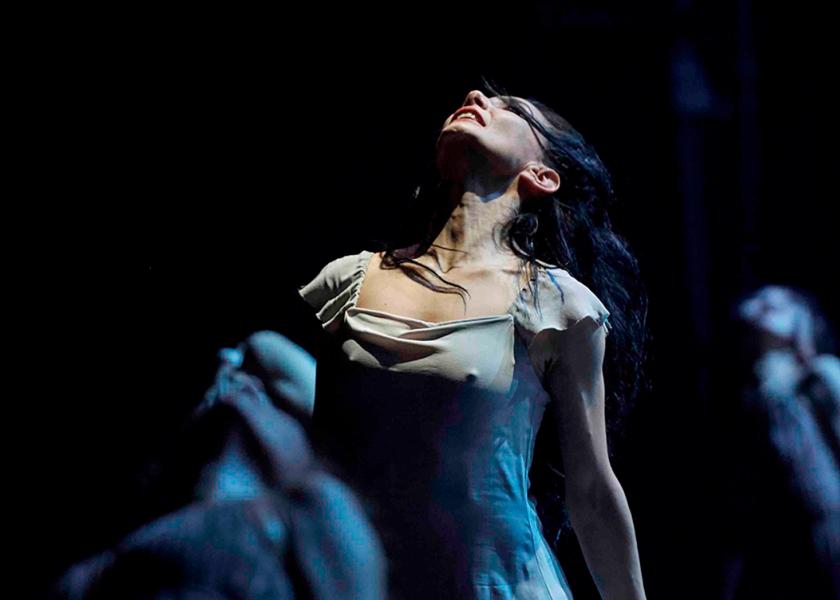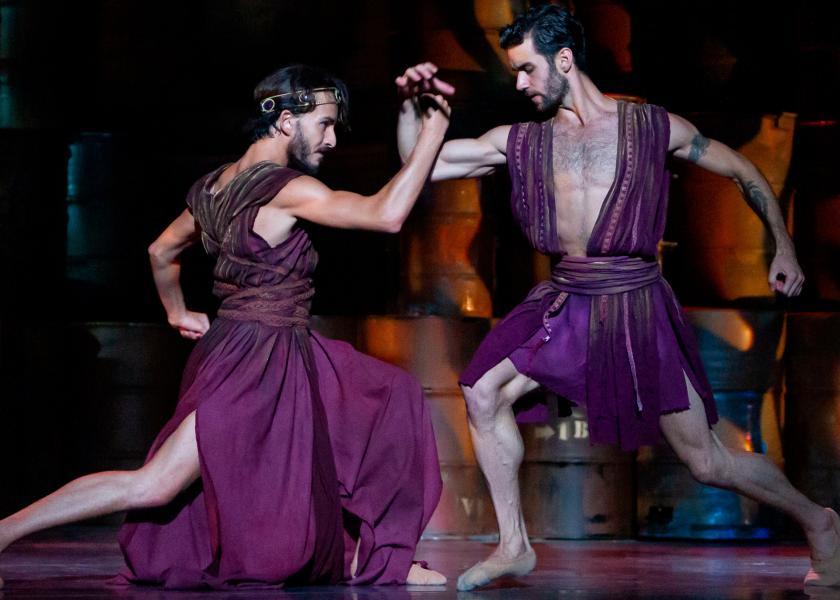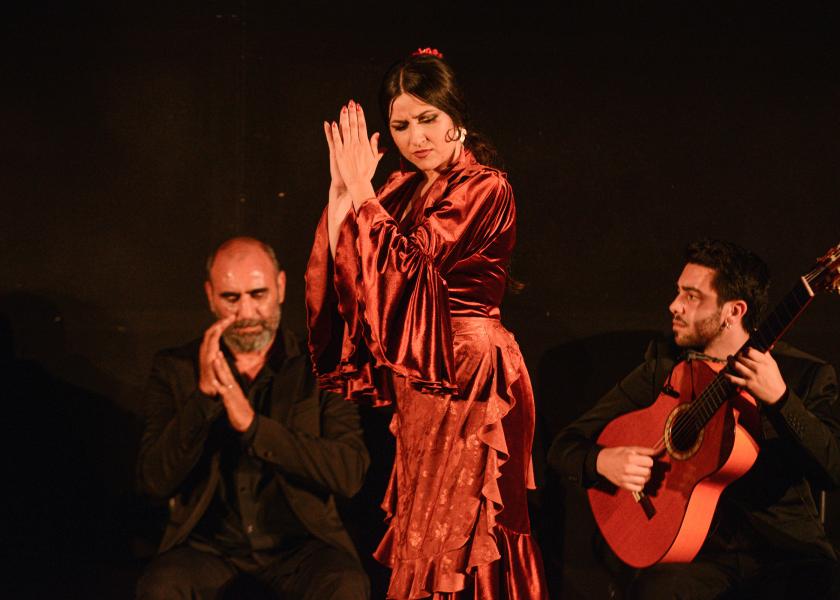Rubén Olmo
“Having an ego is great, as long as you know how to manage it”
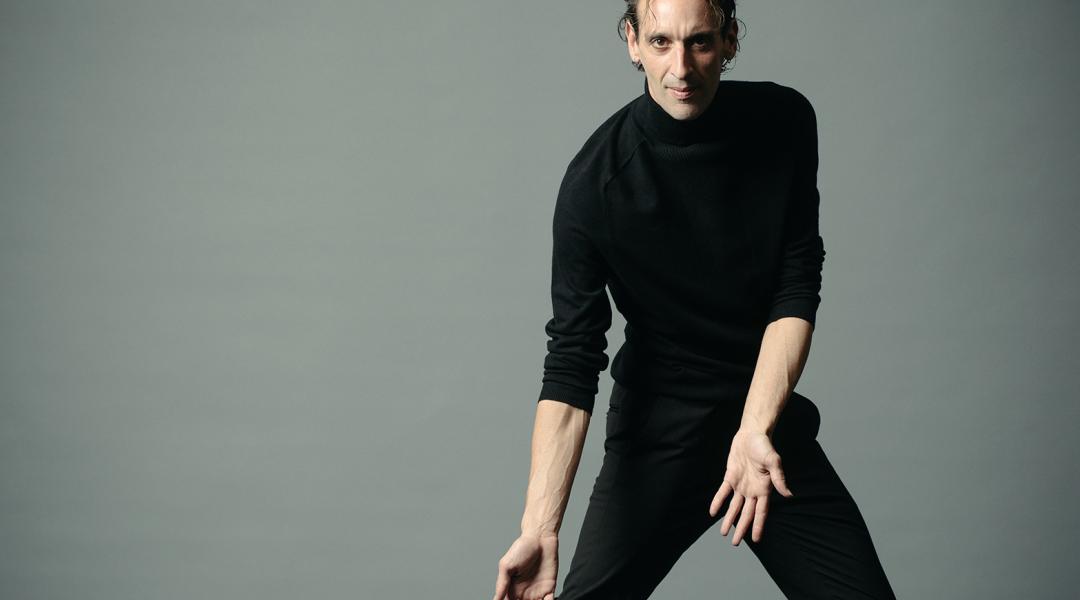
He started out dancing when he was a kid. And even though it hasn’t been an easy ride for him, Rubén Olmo can be proud of having reached the top, becoming the new the director of the Spanish National Ballet.
He grew up in the humble, art-infused Sevillian neighbourhoods Las Tres Mil Viviendas and Cerro del Águila. While his friends were busy dreaming of becoming great football players, he preferred to indulge in flights of fancy, imagining himself dancing on a stage. Rubén Olmo (Seville, 1980) is an example of endurance, someone who has fought extremely hard to become a dancer. Behind his aesthetic looks, there is a lot of work and a lot of suffering. When his predecessor, Antonio Najarro, learned Rubén would take over at the Spanish National Ballet (SNB), he was enthusiastic about being succeeded by someone “so committed, unaffected, and hardworking.” There is no doubt Spanish dance is in good hands.
It has been three months since you were appointment as director of the Spanish National Ballet. Can you tell us what has been your experience so far?
We’ve started with great vigour and we’ve been very well received by all the departments, dancers and technicians. This is a very special moment for us, the beginning of a new phase, and it was necessary for all of them to understand how I want to work. We’re now creating the new programs.
You know the SNB well because you were part of the company until 2002. What encouraged you to submit a project to become its director?
It was a logical step in my career. I left the SNB to put together my own dance productions and to be able to express myself freely with my own company. Years later, I decided to submit a project to the Flamenco Ballet of Andalusia, of which I eventually became the director. I thought my age, strength and artistic maturity were ideal to lead such an institution.
But you can still continue your career as interpreter. Will you continue dancing?
Over the past few years I have been creating choreographies for my company and teaching students at Centro Andalúz de Danza, but I have also continued dancing, though only on certain occasions. It’s a logical step and it’s really working for me. I’ll have my own space as a dancer at the SNB. I’ll create solo performances and play some characters. However, the company’s dancers will have greater visibility.
How do you manage the talent of so many people on the stage in a dance company?
We’re dancers who want to grow day by day, so having an ego is great, as long as you know how to manage it. When the dancers see the director is in control of his artistic personality, that he’s never disrespectful and that he directs them naturally, eventually things get balanced.
What mark do you intend to leave at the SNB in the next five years?
I’ve always said that all directors bring something valuable, however different their personalities are. As director, I would like the SNB to help individual dancers to reach international recognition because the company is already enjoying it. I would also like to show great dance professionals at the corps de ballet, to find new choreographers, to widen our repertoire and to create new choreographies.
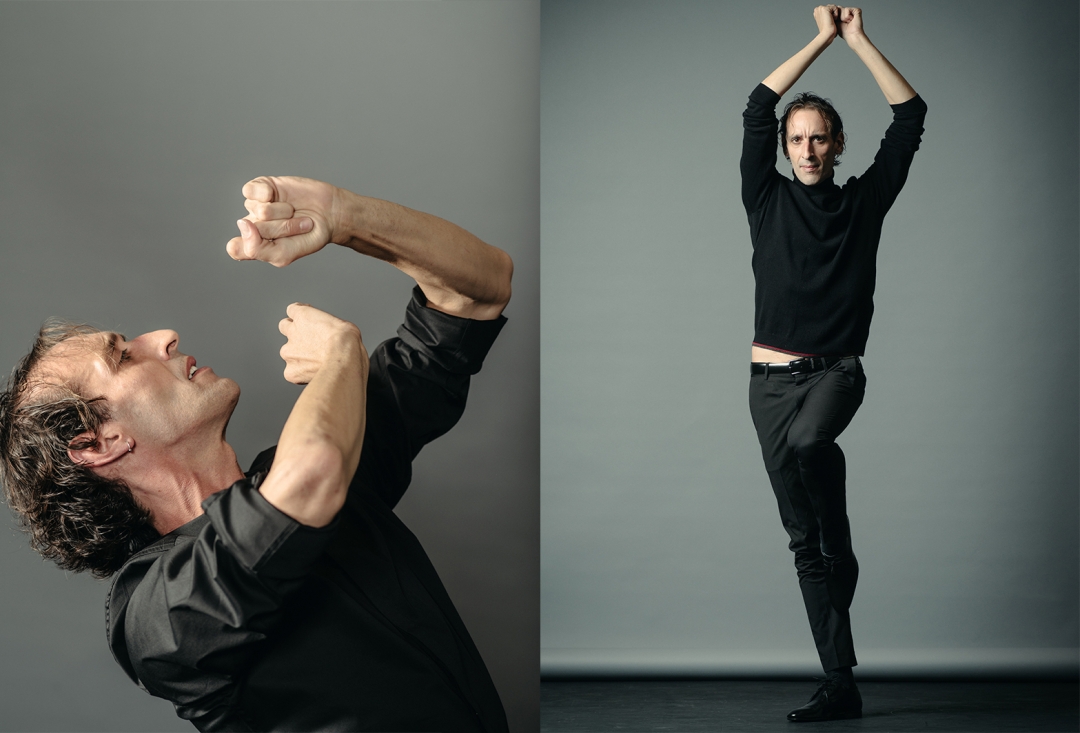
Rubén Olmo received the 2015 National Dance Award in the Interpretive category and the XXIII Jerez Festival Critics Award (2019). @ James Rajotte / Courtesy of the SNB
Do you think Spanish dance enjoys enough recognition?
The SNB is unique in the world since it’s the only one in which dancers perform classical ballet daily, as well as flamenco, folklore, stylized dance and bolero school. All this makes them the best prepared dancers in the world. They’re also musicians thanks to the castanets and the foot percussion.
Do you still feel dance is the most forgotten among all performing arts?
It’s been assumed it’s the ‘poor little one.’ But, little by little, we’re getting the place we deserve and changing things. Theatres get filled and dance is increasingly requested by the public but also by companies who wish to include it in their shows. Fortunately, dance is everywhere.
Do you think it is necessary to connect Spanish dance with society and widen its audience?
Of course! My predecessor did a wonderful job in a very natural way - he opened the company to new ways of diffusion, to social networks for example, reaching a younger audience, something that’s especially evident at the Teatro de la Zarzuela. This will continue to be one of my priorities. We will also continue teaching master classes in conservatories, doing open-door dress rehearsals for schools, giving lectures...
“Dance is increasingly requested by the public but also by companies who wish to include it in their shows. Fortunately, dance is everywhere”
You are also making an effort to recover past and present figures of Spanish dance.
I’ve always been very clear about it - we must recover our historical repertoire but also choreographies that are part of dance history. We’ve scheduled a tribute to master Mario Maya. In 2021, we will celebrate the centenary of Antonio Ruiz, to whom the company will pay tribute again with a new program.
And how do you take criticism? One can’t please everyone...
In the arts, that’s impossible. So, as long as there’s respect, criticism can be assumed. I reflect on them, and I make amends if I have to. We’re not here to just do things right - we also make mistakes. And we keep on fighting. When the criticism is excessive and seeks nothing but to hurt, I usually stop reading.
What’s left from that child who grew up in Seville’s La 3000 Viviendas who insisted on dancing instead of playing football with his friends?
I think I still have his gaze. He would be proud of my career so far and about my family, my life partner, who loves me and understands me. I’m proud to have followed this path - dance is my life.
